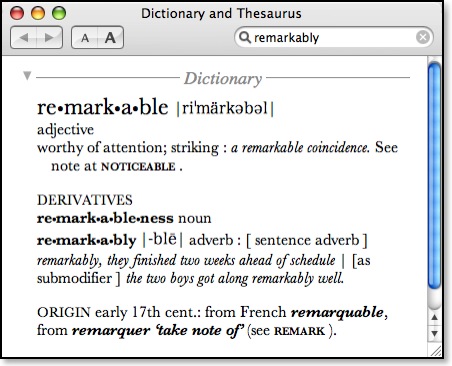Remarkably and Wonderfully Made
“For it was You who created my inward parts;
You knit me together in my mother’s womb.”
(Psalm 139:13 HCSB)
Our passage of study in Sunday School tomorrow is Psalm 139. As I was reading through the leader's guide to the curriculum tonight, a couple of paragraphs related to v. 13 stood out:
The second line in this verse is an example of a common characteristic of Hebrew poetry. The second line repeats the first line, but it does so by the use of synonyms. Hence knit me together is a synonym for created in the previous line. In light of the complexity of the human body the verb knit me together generates a mental picture that fits the context as well. Inside the womb, God wove tissue, bone, and sinew to form a living being.
The average adult body consists of approximately 650 muscles, 50,000 miles of blood vessels, and 206 bones. About 20 square feet of skin tissue covers these components in males and about 17 square feet is required in females. A baby at birth is even more complex than an adult. The infant has 300 bones. During childhood 94 of these fuse together.
Contemplating such complexities of the human body and God's awesome creative ability makes one truly exclaim with the psalmist the next verse:
“I will praise You,
because I have been remarkably and wonderfully made.
Your works are wonderful,
and I know |this| very well.”
(Psalm 139:14 HCSB)










